Gaza, 05 Dzulhijjah 1437/07 September 2016 (MINA) – Egyptian authorities announced Tuesday that the Rafah crossing between Egypt and the besieged Gaza Strip would open in both directions on Wednesday for humanitarian cases, permitting passage for Palestinians for an additional day.
According to a statement obtained by Ma’an, Egyptian authorities informed the border authority committee in the Gaza Strip that the border crossing would open again on Wednesday.
Buses transporting Palestinians suffering from humanitarian issues began crossing early Tuesday morning, as Egyptian authorities had extended the crossing’s opening for an additional day.
The crossing was only expected to be open for Saturday and Sunday, during which time Egyptian authorities allowed 1,200 Palestinian to cross into Egypt, of the some 23,000 Palestinian humanitarian cases that have been waiting to cross.
Also Read: UNRWA: 90% of Gaza’s Population Depends on Humanitarian Aid Amid Israeli Restrictions
On Monday, Egyptian authorities also opened the crossing to allow Muslim pilgrims to leave for Saudi Arabia for the Hajj, allowing hundreds to leave.
Last Tuesday, Egyptian authorities opened the crossing for three days to allow Palestinians passage for the Muslim Hajj pilgrimage in Saudi Arabia.
The border authority committee in the Gaza Strip reported that the Palestinians expected to travel on Tuesday were registered with the committee as humanitarian cases and had delivered their passports to the committee on Sunday.
According to the committee, on Monday, 484 Palestinian pilgrims left the besieged coastal enclave, while 911 Palestinians who were stranded on the Egyptian side of the border were permitted entrance into the Gaza Strip. The committee also said that 39 travelers were denied passage by Egyptian authorities for unknown reasons.
Also Read: Two Million Israelis Face Looming Mental Health Crisis Amid Gaza War
Only periodically opened
Egypt has upheld an Israeli military blockade on the Gaza Strip for the majority of the past three years, since the ousting of former President Muhammad Morsi in 2013 and the rise to power of President Abd al-Fattah al-Sisi in Egypt.
While the Egyptian border has remained the main lifeline for Gazans to the outside world, Egyptian authorities have slowly sealed off movement through the border since Morsi was toppled by the Egyptian army.
Also Read: US-Backed Gaza Aid Group Ends Mission Amid Controversy Over Delivery and Safety
Due to the constraints on Palestinian movement through the crossing, many Gazans are commonly barred from leaving or entering the besieged coastal enclave, some for months at a time, as the crossing is only periodically opened by Egyptian authorities, stranding Palestinians on both sides of the crossing during closures.
In 2015, the Rafah crossing was closed for 344 days. The crossing has been reopened on a more regular basis since the beginning of 2016.
The near decade-long Israeli blockade has plunged the Gaza Strip’s more than 1.8 million Palestinians into poverty.
The destruction from three Israeli offensives over the past six years and slow reconstruction due to the blockade led the UN in September to warn that Gaza could be “uninhabitable” by 2020. (T/R07/R01)
Mi’raj Islamic News Agency (MINA)
Also Read: Israel Allows Only One-Third of Agreed Aid Trucks Into Gaza





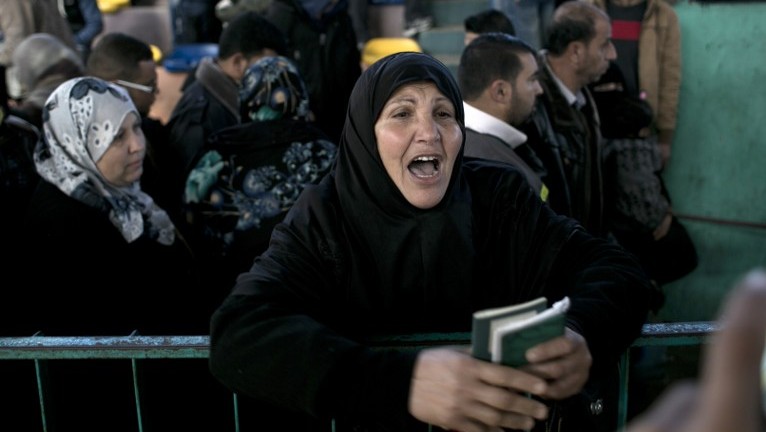









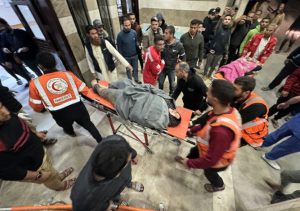
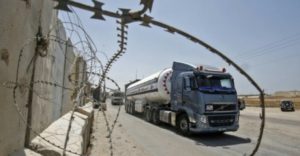

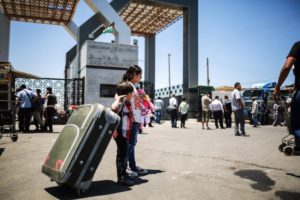














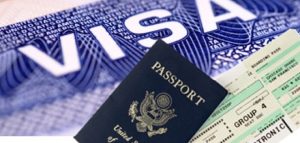



 Mina Indonesia
Mina Indonesia Mina Arabic
Mina Arabic